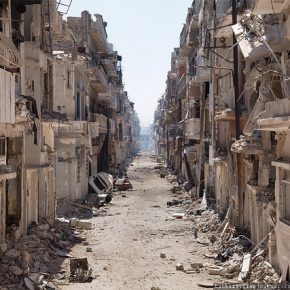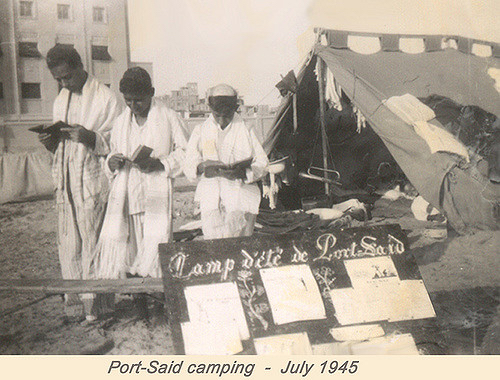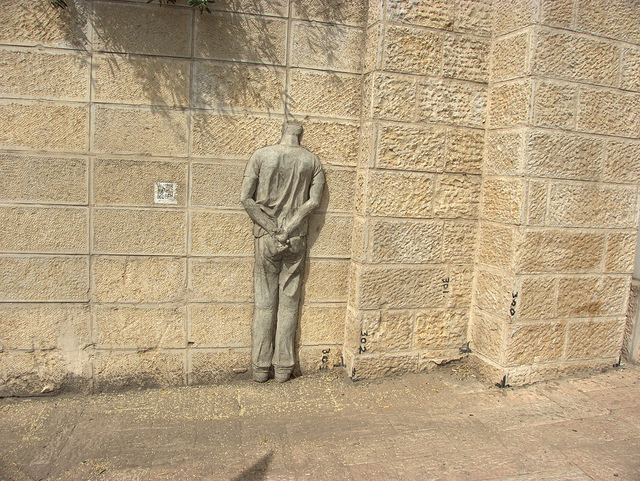An Israeli gig poster may have changed my life. Back in 1992, backpacking round Israel as a student, I kept seeing posters advertising a gig by Benediction, the British death metal band. And every time I saw one I wondered ‘A metal scene? Here?’
It wasn’t just the fact that a foreign metal band was playing in Israel that piqued my interest. It wouldn’t have surprised me if Iron Maiden were playing. Benediction was an underground band, suggesting that enough Israelis had a deep enough knowledge of metal to fill a hall. That, I didn’t expect.
Of course, in retrospect my sense of wonder was both patronising and naïve. Globalisation, even in the pre-internet age, affected Israel as much as everywhere else. But the Israel that was plugged into global cultural currents was, up until that point, not the Israel I knew. Throughout the 1980s I had visited Israel on family holidays and been exposed to Zionist education through Jewish youth movements. While I felt connected to the country, what I had experienced of Israeli popular culture had left me cold and the Israeli popular music I heard seemed to be an endless succession of soft rock balladeers.
The Benediction posters I saw in 1992 started me on a journey that led me to conducting ethnographic research on the Israeli metal scene in the late 1990s. I revelled in encountering the small but vibrant metal underground that has produced great bands such as Orphaned Land, Salem, Melechesh and (my personal favourites) Rabies Caste.
Some of the leading lights of the Israeli metal in the 1990s are still the backbone of the scene today. Raven Metal, the promoters of the recent gig by German thrash stalwarts Kreator, was founded by Yishai Schwartz, who was my main ‘informant’ during my research. Deeply knowledgeable about global metal even then, Schwartz is now a veteran of the scene and has brought over dozens of acts to play in Israel.
The political context of the Israeli scene has shifted since the 1990s. Twenty years ago, there was still room for cautious optimism for the future of Israel; it’s hard to find much optimism now. In the 1990s, metal was one example of an Israeli popular culture that was becoming less parochial, more globally engaged and more dynamic; a symptom of an Israel trying to become ‘normal’. Today, Israeli popular culture continues to flourish – TV, film and music hold their own on the global stage – but often as a kind of defiant ‘bubble’, a bulwark against despair.
BDS, while it existed in the 1990s, increasingly impinges on Israeli cultural life. The decision by bands like Radiohead to play in Israel, can spark worldwide controversy. Yet the same isn’t true for metal bands. Kreator will attract no opprobrium for their Tel Aviv gig. It’s as though, in the eyes of pro-Palestinian campaigners, metal bands are already so beyond the pale that it’s irrelevant what they do. [pto]
Metal is resilient; it endures. Whatever happens in Israel, metal will survive. As long as the country is reasonably secure, foreign bands will come and play.
Commentary by Keith Kahn-Harris. Photograph courtesy of Joel Schalit.





